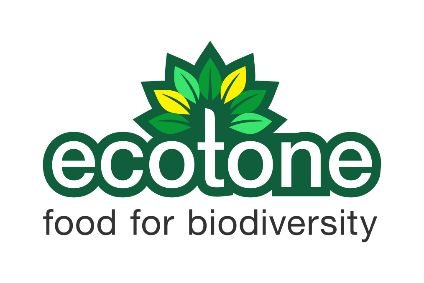
Wessanen, the Netherlands-based food business that went private last year under new ownership, has changed its name to Ecotone.
The Whole Earth peanut butter and Kallo rice snacks owner has also moved its base from the Netherlands to Lyon in France and will become an ‘enterprise à mission’, according to French law.

Discover B2B Marketing That Performs
Combine business intelligence and editorial excellence to reach engaged professionals across 36 leading media platforms.
Introduced in 2019 by the French government, an “entreprise à mission” is defined as a company which has aligned societal and environmental goals with its purpose and set out those targets in its articles of association. In June, Danone’s shareholders voted through a move for the food and beverage maker to take on the same status.
The newly-named Ecotone is committing, by 2030, to further grow the share of its turnover generated by organic products to 90% and by vegetarian products to 95%.
Detailing the levels of turnover the two types of products generate for Ecotone at present, Klaus Arntz, the company’s chief marketing and sustainability officer, said: “Organic is at 80%. Vegetarian is already close to 95% so that’s more a maintain the high level.” Ecotone’s turnover in 2019 reached EUR625m, he noted.
Asked if the targets meant brands and products that are neither organic nor vegetarian would be sold, Arntz added: “That’s not decided yet but we will look at all options.”

US Tariffs are shifting - will you react or anticipate?
Don’t let policy changes catch you off guard. Stay proactive with real-time data and expert analysis.
By GlobalDataEcotone, meanwhile, is also drawing up a plan for biodiversity that “goes beyond the organic standards”.
The Bjorg baby-food owner also wants to be able to guarantee by the same date two-thirds of its products are not based on the nine “over-consumed” global commodities, which include wheat, rice, corn and palm oil.
And it wants to triple the volume of raw materials grown using agricultural practices exceeding organic specifications in order to increase biodiversity.
Ectone CEO Christophe Barnouin said: “For more than 30 years we have chosen organic and vegetarian food as our main pillars. Becoming Ecotone gives us the opportunity to further strengthen the focus on our mission ‘food for biodiversity’ and make it a visible commitment every day.”





